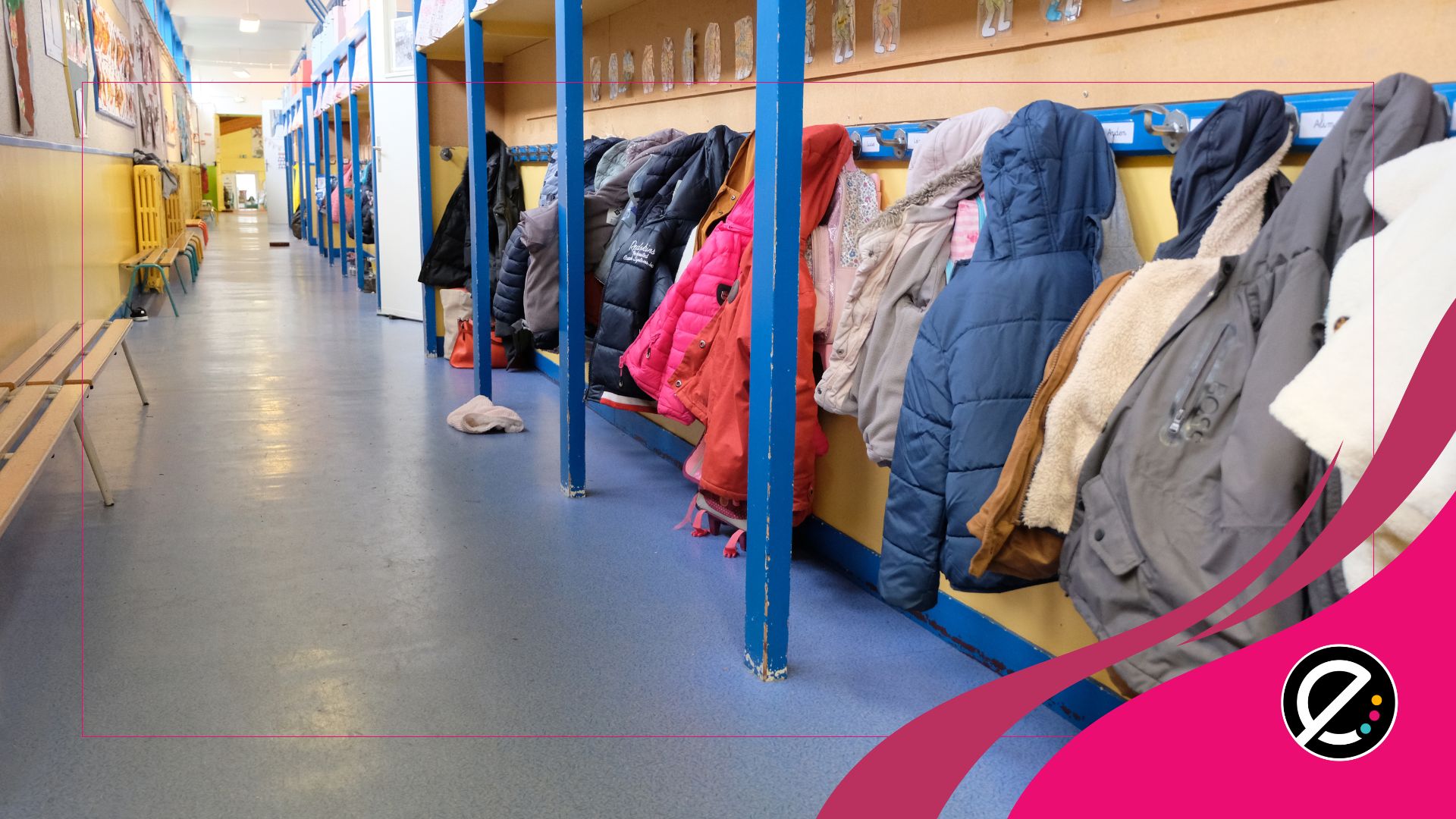Tous les jeux ne sont pas égaux, tant du point de vue éducatif que de celui du divertissement. Cela dit, plusieurs jeux « sérieux » de qualité ont vu le jour et ce ne serait qu’un début, selon Emmanuel Mandart, qui rédige actuellement son mémoire de maîtrise sur le sujet à l’Université de Montréal.
En 2010, le chiffre d’affaires mondial dans ce secteur s’élevait à 1,5 milliard de dollars et on estime qu’il pourrait atteindre 10 milliards de dollars d’ici 2015, a-t-il mentionné dans un atelier offert récemment. De la pandémie de grippe à la gestion d’entreprise en passant par la sensibilisation à la pauvreté et à l’utilisation responsable du Web, il y en a vraiment pour tous les goûts.
Selon un chercheur de l’université américaine Carnegie Mellon, les jeunes de 21 ans habitant dans un pays où l’on retrouve une forte culture du jeu comme les États-Unis ont passé en moyenne 10 000 heures à jouer à des jeux vidéo. À titre comparaison, un jeune passe 10 080 heures sur les bancs d’école entre l’âge de 10 ans et de 18 ans! Il y a donc là tout un potentiel.
Au Québec, Science en jeu s’est lancé il y a une quinzaine d’années dans l’univers des jeux sérieux. Trois chercheurs se sont penchés sur l’un d’entre eux : Mécanika. Selon leurs recherches, le jeu Mécanika permet aux adolescents de mieux retenir les différentes notions qu’avec l’enseignement traditionnel!
M. Mandart s’intéresse lui aussi aux jeunes qui jouent à Mécanika. Pour ses recherches, il en a sélectionné 350 qui ont été divisés en deux groupes. Les premiers jouent au jeu habituel. Les seconds utilisent plutôt une version à laquelle le scénario pédagogique a été supprimé. L’idée est de vérifier l’avantage du scénario quant aux apprentissages. Ces résultats seront présentés un peu plus tard.
À lire aussi :
Les jeux en classe, c’est du sérieux!





